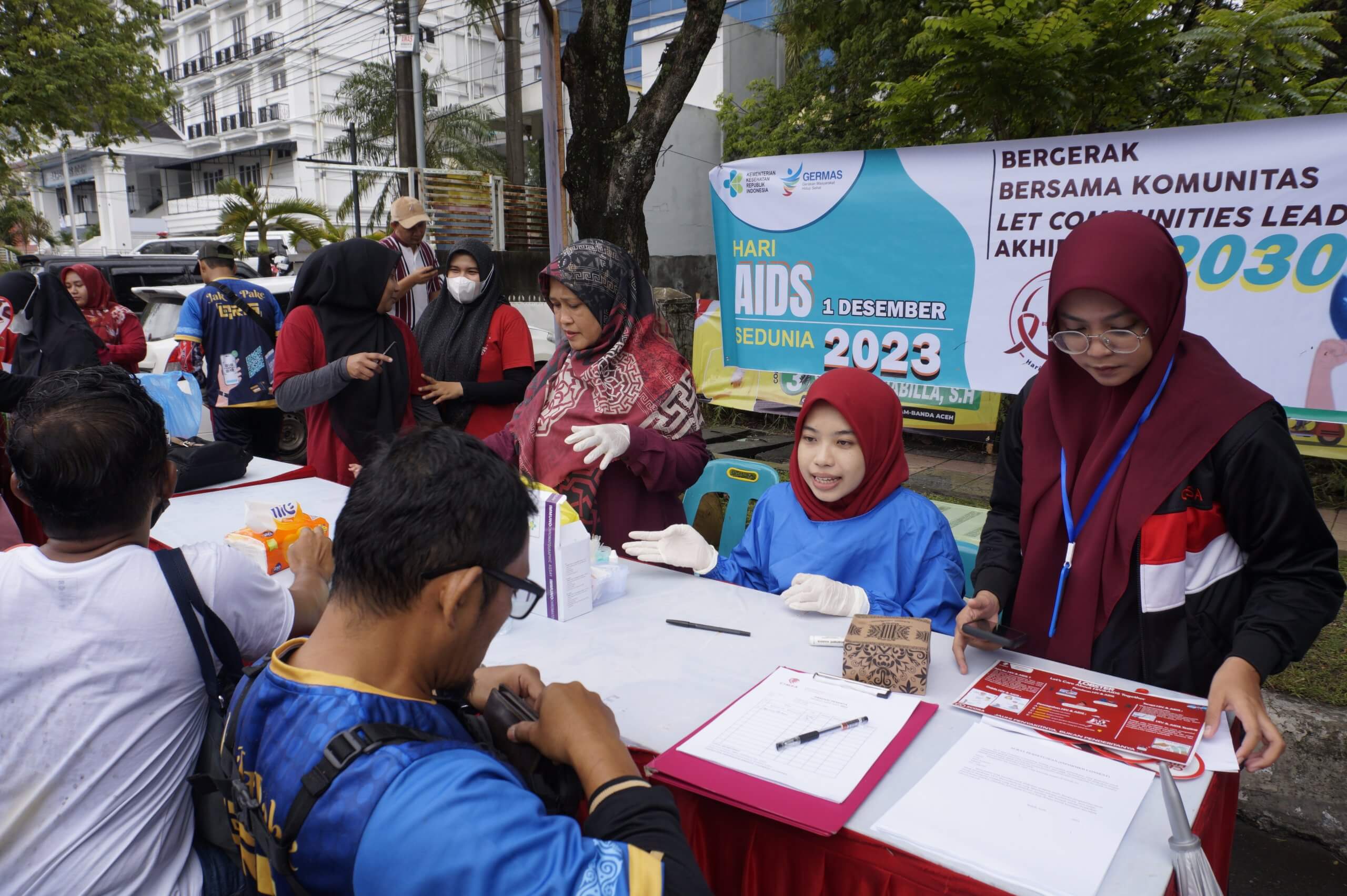The Significance of Community Service in Medical Education
In recent years, the landscape of medical education has evolved remarkably, moving beyond mere academic excellence to embrace a more holistic approach. One of the cornerstones of this evolution is the integration of community service into the medical training curriculum. This vital aspect not only enriches the education of aspiring healthcare professionals but also significantly impacts the communities they serve. In this blog post, we will explore the multifaceted role of community service in medical education and discuss how it cultivates compassionate, well-rounded physicians.
Bridging the Gap Between Theory and Practice
Medicine is a field where theoretical knowledge is crucial, but it is inadequate without practical application. Community service serves as a bridge, linking the theoretical understanding of health and disease with the real-world challenges faced by diverse populations. By working in various community settings, medical students can observe and participate in the healthcare delivery process. This experiential learning is invaluable as it imbues students with a deeper understanding of social determinants of health, which are the conditions in which people are born, grow, live, work, and age.
Fostering Empathy and Compassion
One of the most profound benefits of engaging in community service is the cultivation of empathy and compassion in future physicians. Direct interaction with diverse patient populations allows students to appreciate the myriad challenges faced by individuals from differing socio-economic backgrounds, cultures, and life experiences. Such interactions break down preconceived notions and foster a more comprehensive understanding of the patient experience. This exposure not only enhances communication skills but also reinforces the importance of treating patients as holistic individuals rather than mere cases or diagnoses.
Encouraging Cultural Competence
In an increasingly globalized world, cultural competence has become an essential skill for healthcare providers. Community service experiences enable medical students to interact with individuals from various cultural backgrounds, thus broadening their understanding and appreciation of different health beliefs and practices. This experience is crucial in preparing future physicians to provide culturally sensitive care that respects and incorporates patients’ values, traditions, and languages into their healthcare delivery. A culturally competent physician is better equipped to develop trust with patients, leading to improved health outcomes.
Enhancing Teamwork and Collaboration Skills
Healthcare is fundamentally a collaborative endeavor, requiring professionals from various disciplines to work together to provide optimal patient care. Community service projects often involve interdisciplinary teams, allowing medical students to learn how to collaborate effectively with peers from fields such as nursing, social work, public health, and allied health professions. This exposure to teamwork in a community setting reinforces the importance of communication, mutual respect, and shared goals — skills that are invaluable in any healthcare setting.
Promoting Civic Responsibility
Engaging in community service instills a strong sense of civic responsibility in medical students. It highlights the importance of giving back to society and the ethical obligation healthcare providers have to serve their communities. This commitment to community engagement encourages future physicians to advocate for health equity and social justice throughout their careers. By understanding the broader societal context of health, students can become influential advocates for health policy changes that address systemic barriers to care.
Supporting Mental Well-being
The rigors of medical education can often lead to high levels of stress and burnout among students. Participating in community service can serve as a refreshing counterbalance to the intense demands of medical training. Volunteering allows students to step outside the competitive atmosphere of academia and engage in altruistic activities, fostering a sense of fulfillment and purpose. These meaningful interactions can improve mental well-being and provide a crucial support system for students navigating the challenges of their rigorous education.
Contributing to Community Health
The reciprocal relationship between medical students and the communities they serve cannot be overstated. Through service projects, students can contribute to various public health initiatives, such as health screenings, vaccination drives, and educational workshops. These projects not only provide valuable healthcare services to underserved populations but also allow students to gain practical experience in public health strategies. This direct contribution enhances community health outcomes, culminating in a healthier and more informed population.
Conclusion
The integration of community service within medical education is more than just an adjunct to traditional training; it is an essential component that shapes the future of healthcare. By engaging with diverse communities, medical students develop vital skills in empathy, cultural competence, and teamwork, all of which are crucial for providing compassionate care. Furthermore, these experiences cultivate a deep sense of civic responsibility, encouraging future physicians to advocate for health equity and social justice.
As we continue to redefine the goals of medical education, embracing community service as a vital element of training will ensure that future generations of physicians are not only skilled clinicians but also compassionate healers who understand and address the complex realities of the communities they serve. Emphasizing the role of service in medical education is an investment in the future of healthcare that can lead to enhanced patient care, stronger communities, and a more just society.

